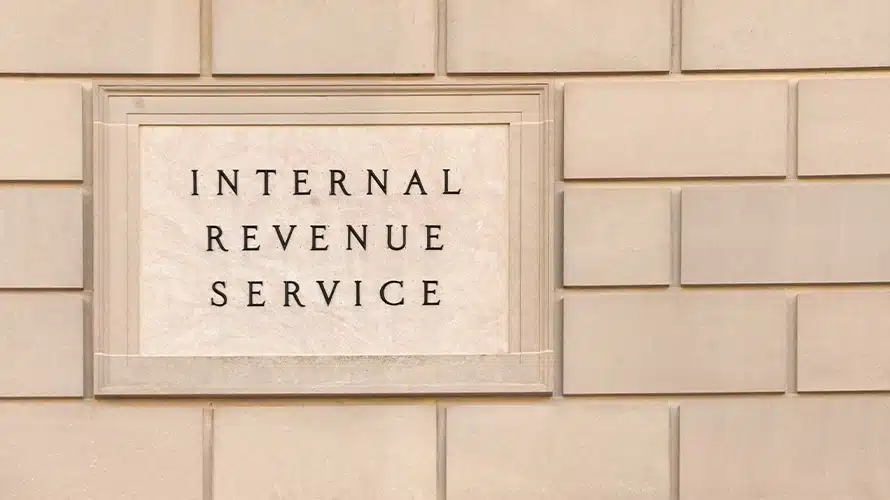The TCJA requirement that all Section 174 (R&E) expenses be amortized over a 60 (domestic) or 180 (foreign) month period is still in place. However, there are two bills introduced in 2023, one in the Senate and one in the House of Representatives, that would repeal this change in treatment. These bills are the American Innovation and Jobs Act and the American Innovation and R&D Competitiveness Act, respectively.
In the short term, for calendar-year filers, Tri-Merit has recommended that taxpayers calculate direct Section 174 costs (along with Section 41 R&D expenses), make the appropriate tax provisions and extension payments as if the capitalization requirement remains in place, but extend the return in anticipation of a legislative change or further guidance on Section 174 expense calculation.
Tri-Merit can help companies calculate DIRECT R&E expenses including:
- R&E wages related to qualified projects with the gross wage adjustment made
- contract research expenses,
- supplies/computer lease expenses
- patent procurement expenses (primarily legal fees and filing costs)
- foreign research expenses
- non-qualified software development expenses
However, AICPA has asked the IRS for clarification on the calculation of indirect costs, expenses that fall within the definition of “software development,” and examples of what expenses “incident to development” should include.
The applicability and treatment of Section 280C on R&D credits where the underlying expenses must be capitalized is also in question. Until further clarification is issued, Tri-Merit encourages taxpayers and tax practitioners to take the route of electing to take the full, non-280C reduced credit.
For the first year that the change in accounting method occurs and Section 174 expenses are capitalized, taxpayers do not need to file Form 3115. However, taxpayers that capitalize expenses for the first time in years after 2022 will be required to file a 3115 and note any adjustments necessary under Section 481(a).
There are still many questions left outstanding, including the definition or scope of R&E activities, treatment of indirect costs, treatment of R&E costs when a contractor performs R&E services but is not at risk and has no ownership rights in the resulting IP, impact on UNICAP rules, and more.
As companies navigate these complexities, it’s important to work with experienced tax professionals like Tri-Merit who can help calculate direct Section 174 costs and provide guidance on compliance. The future remains uncertain, but with the right approach, companies can stay prepared for any changes that may come their way.

